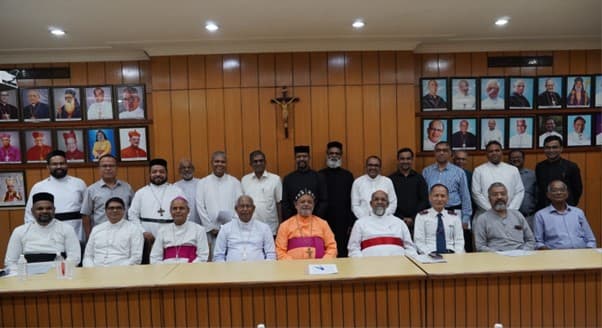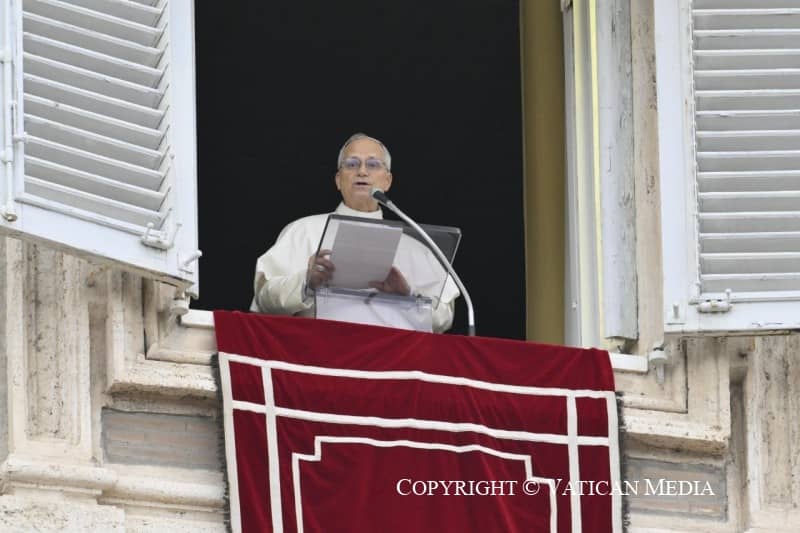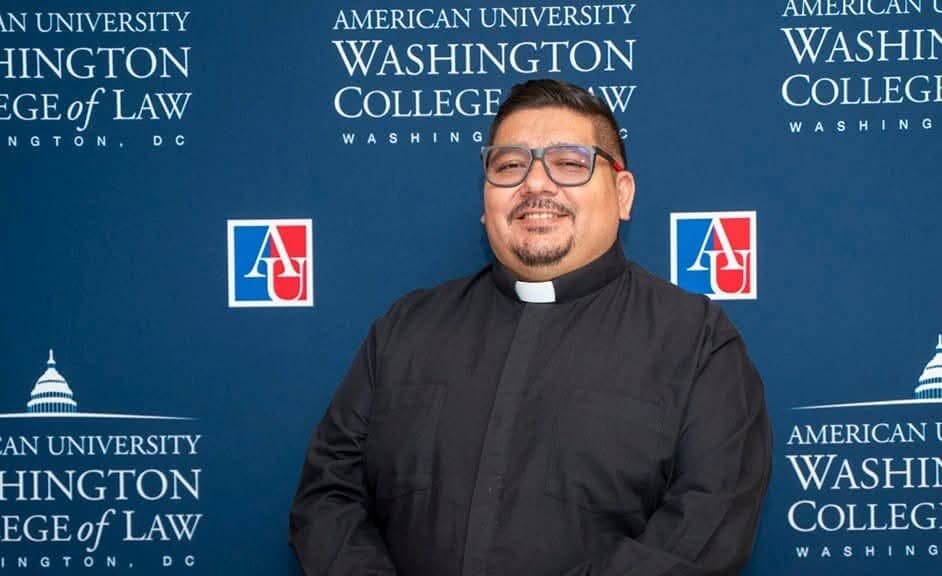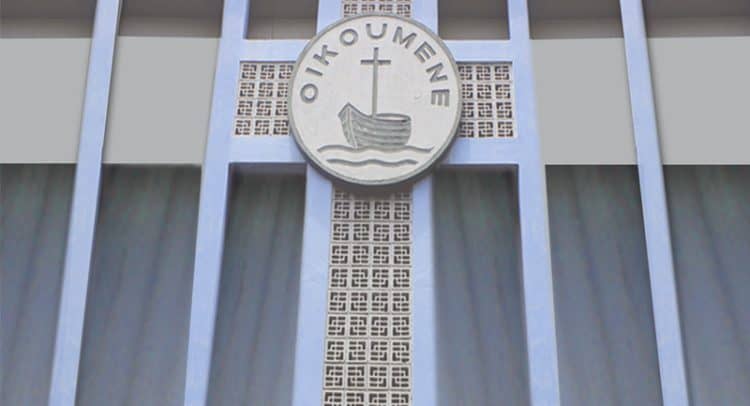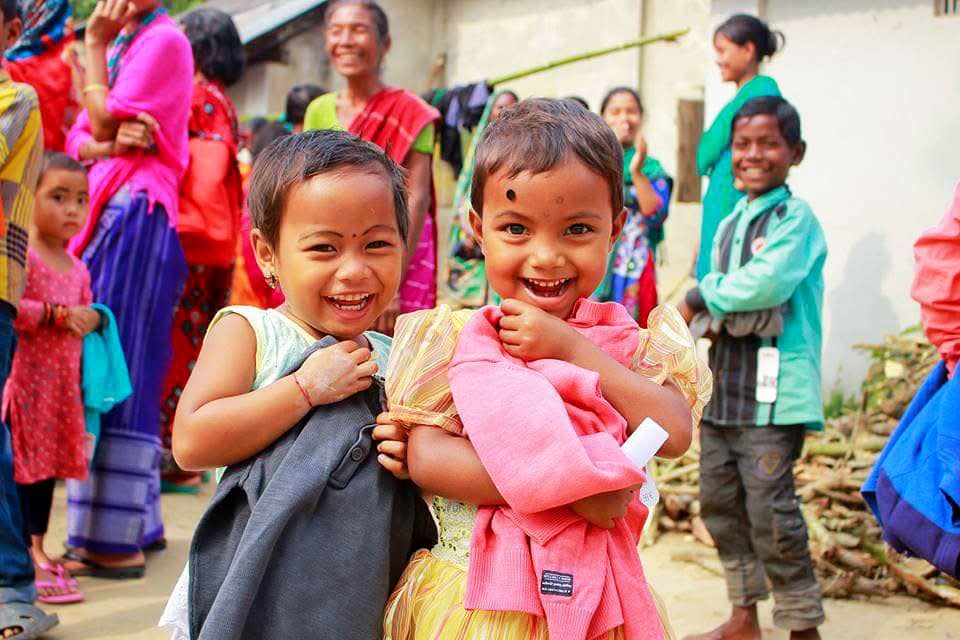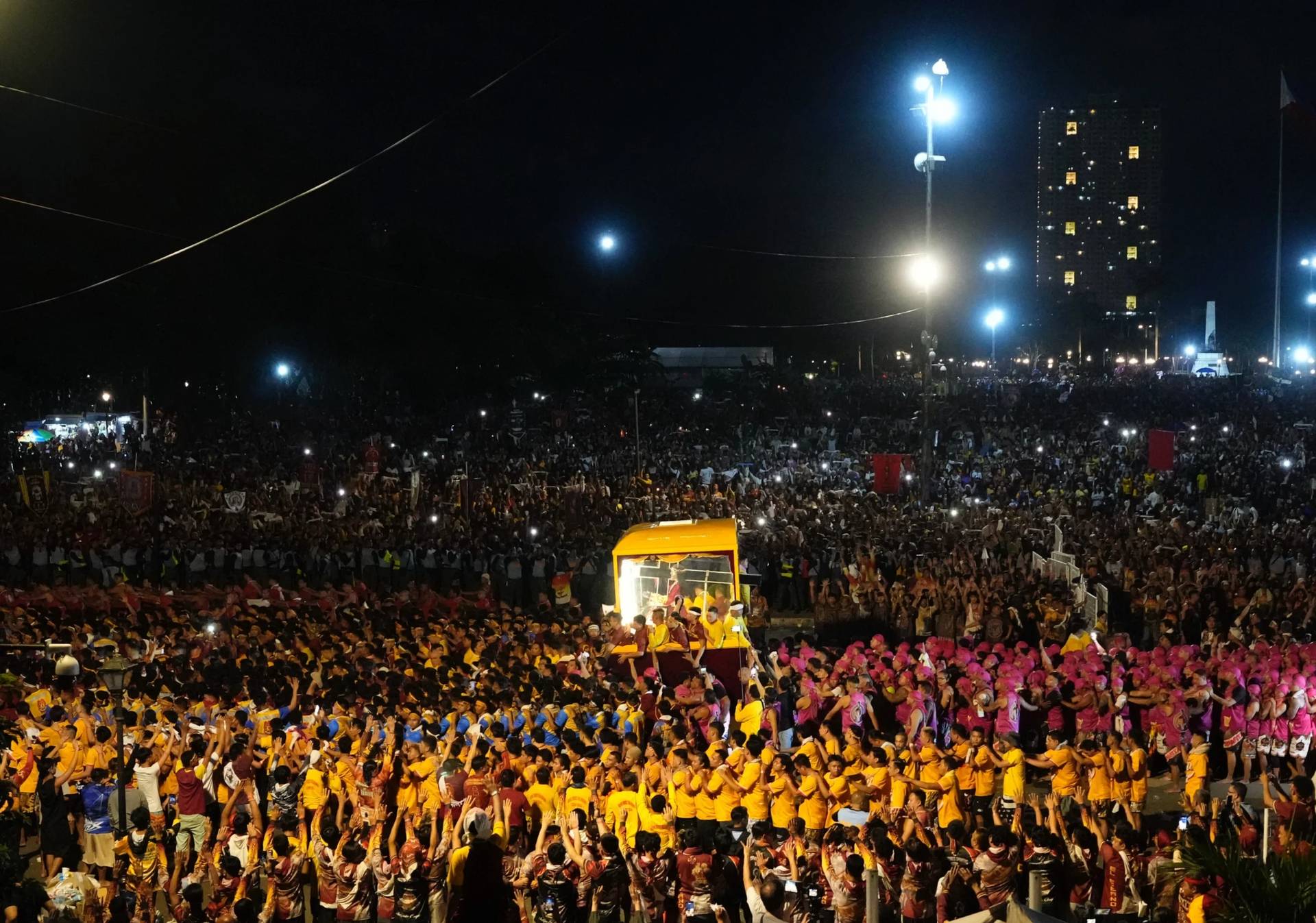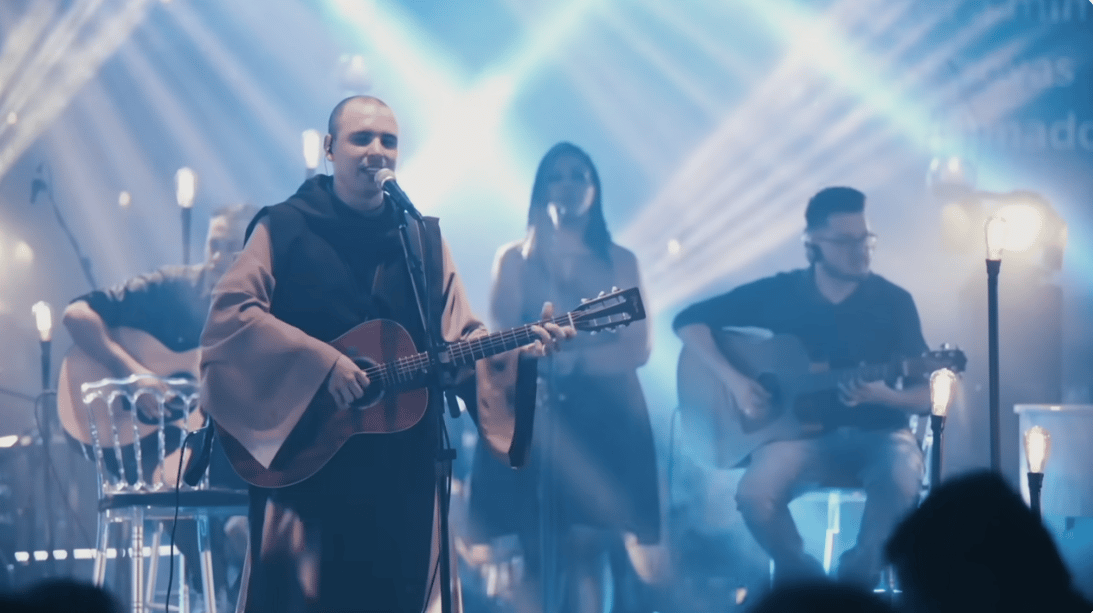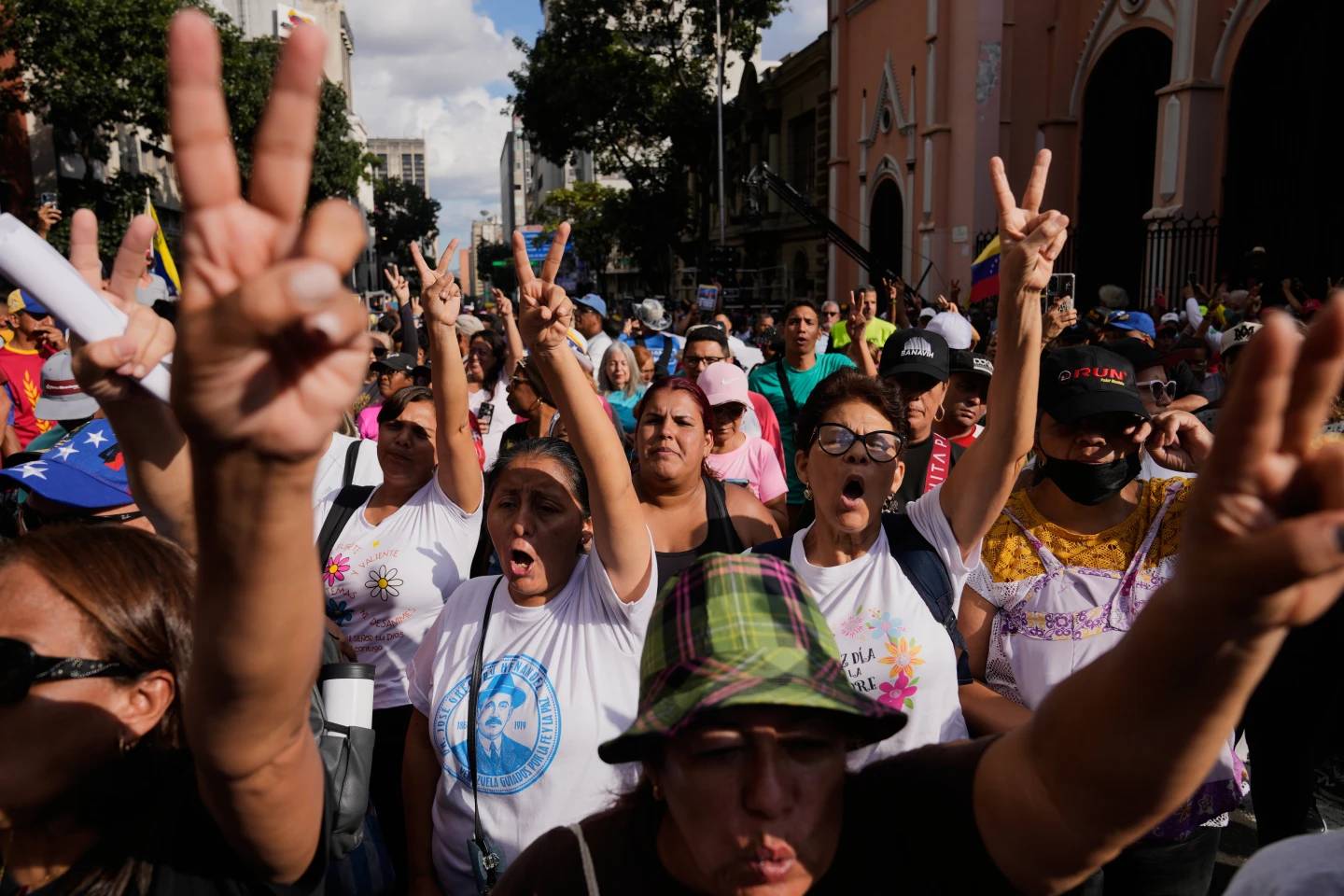MUMBAI, India – At a time when Christians of all stripes face growing pressure in India as a result of the country’s strong Hindu nationalist movement and other sectarian forces, the head the country’s Catholic bishops’ conference emphasized the need for Christian unity during a recent ecumenical summit.
One Indian Catholic expert on ecumenism believes the 1,700th anniversary of the Council of Nicea this year lends special momentum to the unity drive.
A third National Ecumenical Bishops’ Fellowship Meeting uniting various Indian denominations was held at the headquarters of the Catholic bishops’ conference in New Delhi on Sept. 11. Although Christianity represents only 2.3 percent of the population in India, the country is vast that still encompasses almost 30 million people, roughly one-third of whom are Catholic.
Roughly 25 participants took place, representing a cross-section of different Christian denominations. A keynote address was delivered by Bishop Joshua Mar Ignathios, Chairman of the bishops’ Office for Dialogue and Desk for Ecumenism.
Among other things, according to press release afterwards from the bishops, participants discussed a draft set of guidelines for a National Federation of Churches in India, the creation of which was proposed by the bishops in May. At present there’s a National Council of Churches in India encompassing Protests and Orthodox, but not Catholics.
According to the bishops’ statement, participants largely found the draft guidelines “comprehensive and appropriate,” while offering some suggestions for fine-tuning. There was no immediate indication, however, of when the proposed new organization might become a reality.
Archbishop Andrews Thazhath, president of the Catholic Bishops’ Conference of India, wrapped up the session by stressing the importance of Christian unity in the context of what the statement referred to as “increasing attacks on the Christians by the communal forces.”
In Indian argot, “communal forces” is generally a shorthand way of referring to militant identity-based movements, especially the fervent Hindu nationalism associated with Prime Minister Narendra Modi.
“It is the need of the hour to project a united Christian face and have single voice,” Thazhath told participants.
Christian monitors and human rights groups report hundreds of incidents of anti-Christian harassment and persecution every year, some of them violent, especially in more rural parts of the country. According to some counts, there’s at least one Christian harassed or assaulted for their faith at least once every other day in the country.
Salesian Father Stanley Jayakumar, Professor of Systematic Theology and Registrar at Don Bosco Theological Centre in Chennai, India, told Crux that the anniversary of Nicea in 2025 makes this an especially propitious moment for the unity push.
“The first ecumenical council is a remarkable event in the history of the church as it had deep theological and ecumenical implications,” Jayakumar said.
“It clarified the foundational beliefs of Christianity about the person of Jesus Christ,” he said. “It proclaimed that Jesus is truly God and not merely a good human being with high religious and ethical ideals. This invites the Christians of today to bear witness to Christ in truth and love amidst the context of religious pluralism and syncretism.”
That legacy, Jayakumar said, is part of Christianity’s permanent inheritance.
“The Nicene faith in the divinity of Christ is accepted by most Christian traditions and therefore it remains a bond of unity among all the Christians and fosters unity in wider society,” he said.
“It gains special significance especially in this Jubilee year, which is dedicated to the theme of hope. It means that our faith in Christ should not remain a mere intellectual affirmation but is a pathway to lead people in hope to the goal of joyful human flourishing, at a time when there is threat of social unrest and violations of human dignity in India and in the rest of the world.”
